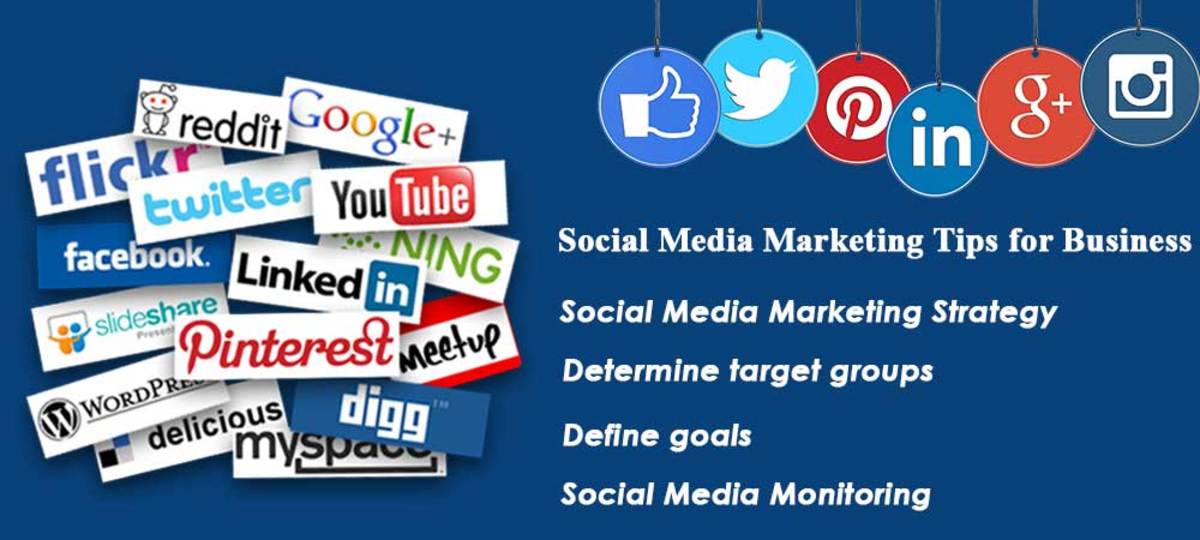Why you should care more about the translations of your business
A few weeks ago I was working on a project for which I had to translate some marketing emails for a client.
The project was already finished and it seemed that everything went smoothly. The results looked pretty good and the client seemed very happy.
I was just about to call it a day when, suddenly, I received an email from the client, saying:
“Hi,
We have finally decided to change the texts to the following ones attached below. One of our colleagues in the office speaks some Spanish. ;)”
I was really surprised, so I opened the file and read the “translated texts” they had finally chosen. The texts weren’t too bad, except for the fact that they had some blatant grammar and syntactical errors, and had been translated literally, word by word, radically changing the intended meaning of the message, which could have caused, after launching their campaign, most of their clients to – understandably – contact them with complaints.
I called the client, and after a long conversation explaining why it wasn’t a good idea to launch their campaign with those texts, and showing her some case studies about when and why to use certain of the expressions in the text, she finally understood the situation and ended the conversation with:
“Oh, this certainly changes everything. Thanks God I asked you!”
Unfortunately, this situation is very common in the translation industry. Which, on the other hand, may well be understandable, since when you don’t know much about what translation really is, and the process involved in it, it is very easy to think about it as a mere exercise of changing a few words from one language to another.
In contrast to web development or design, where good or bad results are easier to perceive for non professionals, in this industry a bad translation is more difficult to spot.
If you are not a developer you won’t know if the code of your website is good enough or if it could give you some headaches in the future, but you can see if your website works or not. If you are not a designer you cannot know if the design for your landing page is professional enough to lead to conversions, but you can see if it is a clean and beautiful design or not. However, if you are not a translator and if you don’t know the target language and culture profoundly, you will not be able to see if you received a professional translation or not.

It is very common to see languages as something alien to culture. And this is why many people think that translation is a very easy task, something that anybody –or even a machine– who has some knowledge of the language can do. It is quite common to think that friend who comes with us on a trip and knows how to ask for a beer, or where the bus station is in Norwegian, will be able to translate our company’s copy into Norwegian.
Translation is much more complex than that. Language IS culture, it helps us to transmit knowledge, experiences, emotions. Behind a well localized text there is much more work than simply translating word by word. Translating is about adapting a message, a vision. In order to make your content effective, whether it is for a website or a book, the translator needs to capture the original message and emotions and translate them in a way that when someone reads it, he thinks that it has been written by a native speaker –note that I said written and not translated–, and if he sees that it is not well written, that doesn’t sound natural, then he will feel that it is not reliable, and therefore that it is not worth it.

Think of when you had to create the copy of your website. You didn’t just launch the website with some random texts and wait until you started receiving customers or subscribers. If you were serious about it, you probably had to work on various texts. But it wasn’t enough with a generic text, you knew how important it was that your copy reflected your company’s vision, that it needed to be focused on your target audience in a way that attracted your visitor’s attention, to convert them into leads. And in the case of a landing page you might even had to perform an a/b testing to know which one was the most effective to get leads.
Well, when a professional translator is localizing your copy, she has to take into account all those points. To be able to provide a text that reaches the right audience, awaken their interest and is able to generate an emotion in them, the translator must have a great knowledge of the target language and culture. She needs to perform a deep research of the target audience and the results that the original writer wants to achieve. She needs to know if it is intended for young people, children, or elders; how the writer wants them to feel about it; if it is for business people or not, and from which industry –the way a designer communicates with his colleagues won’t be the same a lawyer does. And in case the copywriting is SEO focused, he will also need to perform a research to use the right keywords –the keywords that worked in your country may not work in your target one.

In a nutshell, if you are planning to translate the copy of your business, you need to see your translation as copywriting. Just think that if you don’t care enough so as to get a professional translation for your copy, it is quite probably that all those marketing efforts, and all the money you spent expanding your business is pointless. And you don’t want your company to be known in the receiving country for the wrong reasons, which is what happened to the one below a few years ago, whose texts appeared in a TV comedy show in Spain, due to their hilariously wrong translated texts.



